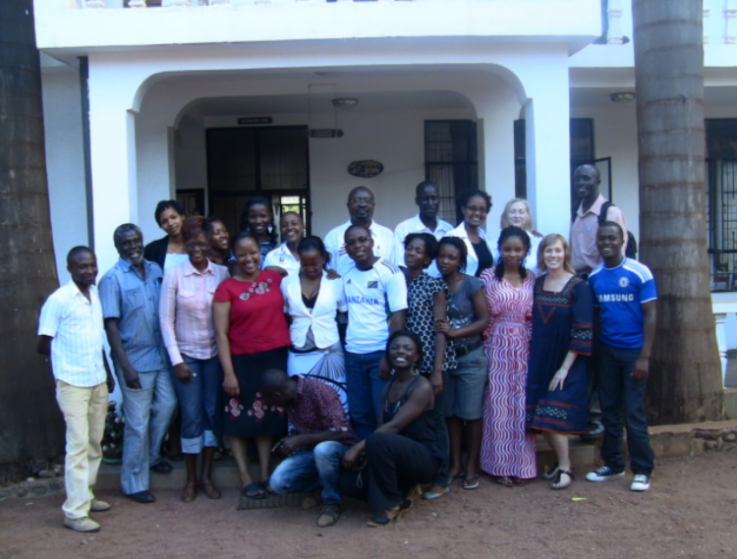
A first-of-its-kind clinical trial involving more than 600 children in Kenya and Tanzania, in which community members were trained to deliver mental health treatment, showed improvement in participants’ trauma-related symptoms up to a year after receiving therapy, new research shows.
Led by the University of Washington and Duke University, researchers trained laypeople as counselors to deliver treatment in both urban and rural communities in Kenya and Tanzania, and evaluated the progress of children and their guardians through sessions of trauma-focused cognitive behavioral therapy.
The study is published online Jan. 22 in JAMA Psychiatry.
An estimated 140 million children around the world have experienced the death of a parent, which can result in grief, depression, anxiety and other physical and mental health conditions.
In low and middle-income countries, many of those children end up living with relatives or other caregivers where mental health services are typically unavailable.
“Very few people with mental health needs receive treatment in most places in the world, including many communities in the U.S.,” said lead author Shannon Dorsey, a UW professor of psychology [and adjunct professor of Global Health]. “Training community members, or ‘lay counselors’ to deliver treatment helps increase the availability of services.”
Read the entire story at UW News. Shannon Dorsey, Adjunct Professor of Global Health, is quoted. Also see the related story in Futurity.